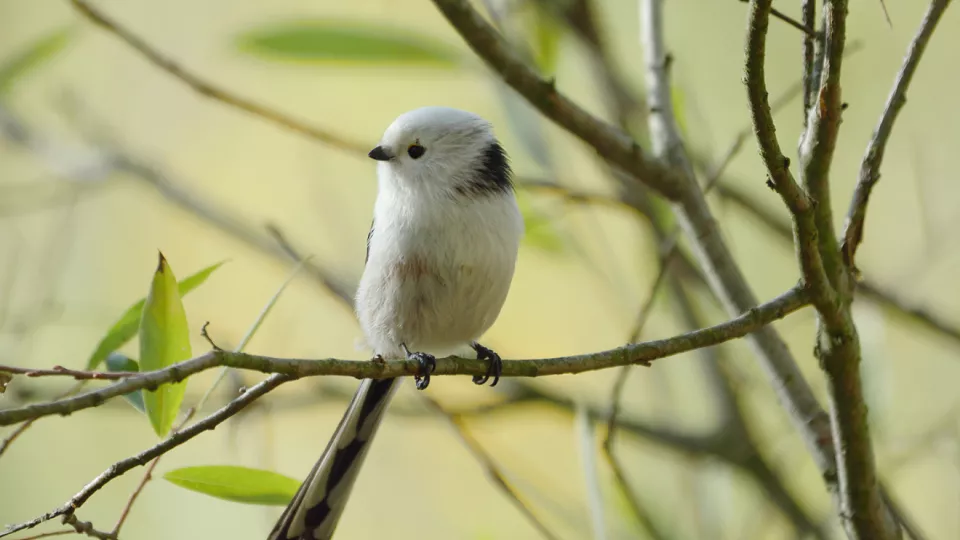Being a parent can be tough. In general, animals that care for many offspring die young, at least in species where parents are not helped by others. However, in some species things are different and parents recruit ‘helpers’ to assist with childcare. In such group-living species, parents often produce lots of young and also live an exceptionally long time. This new research now shows that this happens because helpers reduce the burden of care on parents.
”A common pattern in group-living species is that parents do not care very much for their own young. Instead, the helpers are responsible for feeding and protecting the young and performing the other tasks that are usually associated with being a parent”, says Philip Downing at Lund University.
The fact that the parents avoid this work-load means that they can reproduce again and again and still live a long time.
Some group-living species take this to the extreme with parents always relying on helpers for offspring care. For example, breeding individuals in ants, termites and naked mole rats live for many decades, producing thousands of offspring without ever caring for a single offspring. While these species are fascinating, it is impossible to tell if the secret to breeders living for such a long time is outsourcing parental care as all breeders have helpers.
Instead, Philip Downing, his Lund colleague Charlie Cornwallis, and Ashleigh Griffin from Oxford University, focused their review on 23 bird species where some parents get help raising their young, while other parents take care of their young on their own. Such species occur throughout the world and include long-tailed tits in Sweden, sociable weavers in Southern Africa and the Seychelles warbler that occurs on a few islands in the Indian Ocean.
”It is within these 23 species that we see clear differences in longevity. Parents who get help with caring for young live, on average, one to two years longer than parents who don’t. This may not sound like a lot, but in human terms it equates to about six and a half glorious years”, says Charlie Cornwallis.
However, the researchers add a twist: Not all helpers take their job seriously. If the helpers are lazy, parents are forced into putting more effort into raising their young, something that shortens their lives.
So what is the secret behind living a long time and having many offspring at the same time? Philip Downing has the answer:
”As a parent, make sure you have hard-working helpers”.
